WATCH PRESS TV NEWS HEADLINES
Here is a brief look at Press TV Newsroom's headlines from 09:00 GMT to 17:00 GMT, November 25, 2017.
Rohingya return deal
Bangladesh and Myanmar have agreed to take assistance from the United Nations for the repatriation of hundreds of thousands of Rohingya refugees. The two governments signed an agreement on Thursday settling terms for the repatriation process. However, human rights groups have voiced serious concern over the scheme, insisting that the return of the ousted minority community to their home country needs to be safeguarded. Bangladeshi Foreign Minister Abul Hassan Mahmood Ali says the deal is the first step to deal with the Rohingya crisis and that the two governments have to work on more steps. Ali noted that the Rohingya Muslims will be kept at temporary shelters near their abandoned homes once they return. More than 600,000 Rohingya have crossed into Bangladesh since late August after Myanmar’s army intensified its crackdown against the minority group.
Canada PM apology
Canadian Prime Minister Justin Trudeau has issued a formal apology to thousands of aboriginals who were removed as children from their families, decades ago. Trudeau was speaking in Happy Valley Goose Bay in front of residential school survivors and their families. Canadian welfare authorities took around 20,000 aboriginal children from their homes between the 1960s and 1980s. The children were placed in foster care or were listed to be adopted by non-indigenous families. A number of children died while at the schools and many others suffered physical, emotional or sexual abuse. Gregory Rich, the Grand Chief of the aboriginal organization, Innu Nation had earlier said they would not accept apologies from either the federal or provincial governments for abuse suffered by children.
Egypt funeral
Egyptians have held a funnel ceremony for the victims of Friday’s bomb attack at a mosque in the Sinai Peninsula. Large numbers of mourners lay the victims to rest. This, after the Public prosecutor’s office raised the death toll from the massacre to over 300. 27 children are among the fatalities. Authorities say 25 to 35 gunmen opened fire on worshippers in the mosque and were carrying Daesh flags. The massacre has drawn worldwide condemnation with Iranian President Hassan Rouhani deploring the terror attack as a heinous act.
Iraq dismisses US threats
The Iraqi resistance movement, Harakat Hezbollah al-Nujaba, has reacted to a proposed US congressional bill to impose terrorism-related sanctions against the group. Nujaba spokesman, Hashim al-Mousawi, says any US measures against the movement cannot impede its anti-terrorism activities. Noting that Washington wants the resistance group withdraw from Syria, Mousawi said Nujaba forces would remain in the country until terrorism is eradicated completely. This, after US lawmakers introduced a bill to the House of Representatives that would place Nujaba on a list of terrorist groups. If passed, President Donald Trump has 90 days to impose sanctions. The plan, however, has drawn reactions from senior Iraqi officials. Prime Minister Haider al-Abadi has condemned it as a wrong political move. He says Nujaba forces have made matchless sacrifices in the fight against terrorism.
Libya boat tragedy
At least 25 refugees have died after their boat sank off Libya’s western coast. Libyan authorities say the survivors have been brought back to Libya’s capital, the port city of Tripoli. Libya is the main departure point for refugees trying to go to Europe. Most of the asylum seekers are African. Nearly 3,000 migrants are known to have died or gone missing after trying to cross to Europe by sea this year. Most of the incidents happened in waters between Libya and Italy. According to the latest figures released on Friday by the International Organization for Migration, the Mediterranean Sea has been the world’s deadliest body of water used by refugees.
German coalition talks
The German Chancellor has emphasized the need to form a coalition government promptly in order to break the country’s political deadlock. Angela Merkel expressed readiness to negotiate with the Social Democratic Party, SPD, based on mutual respect. In a U-turn on Friday, the SPD announced that it will say NO to discussions with other parties. It instead expressed willingness for talks with Merkel's Christian Democratic Union Party to form a coalition government. Negotiations for a coalition government ended last week after the Free Democrats party left the talks. The German president is making efforts to broker a coalition deal. Without a coalition, Merkel has to either run a minority government or face snap elections.
Historians slam White House's whitewashing of US invasion of Mexico
US approves $3 billion deal for sale of F-15 equipment to Saudi Arabia
At least 20 killed in heavy Israeli bombing of displacement tents in Gaza
VIDEO | Venezuelans mark one month since US kidnapping of President Nicolas Maduro and his wife
Iran intel minister: West will face consequences over IRGC designation
Pakistan deploys helicopters, drones to retake town from insurgents
Israel-Palestine head of HRW resigns over blocked report on Palestinians right of return
VIDEO | Iranian athletes seal historic year with global titles amid external pressure


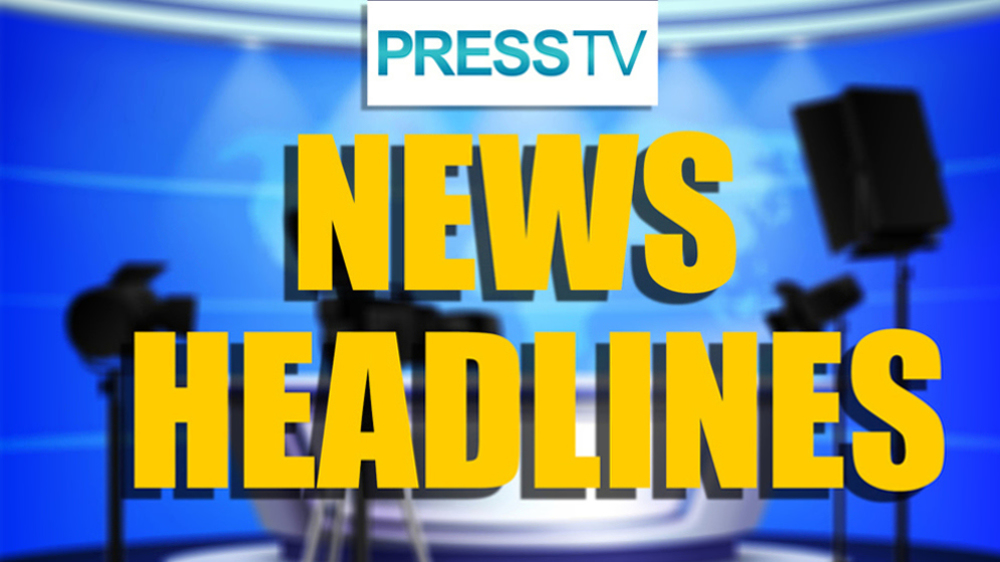
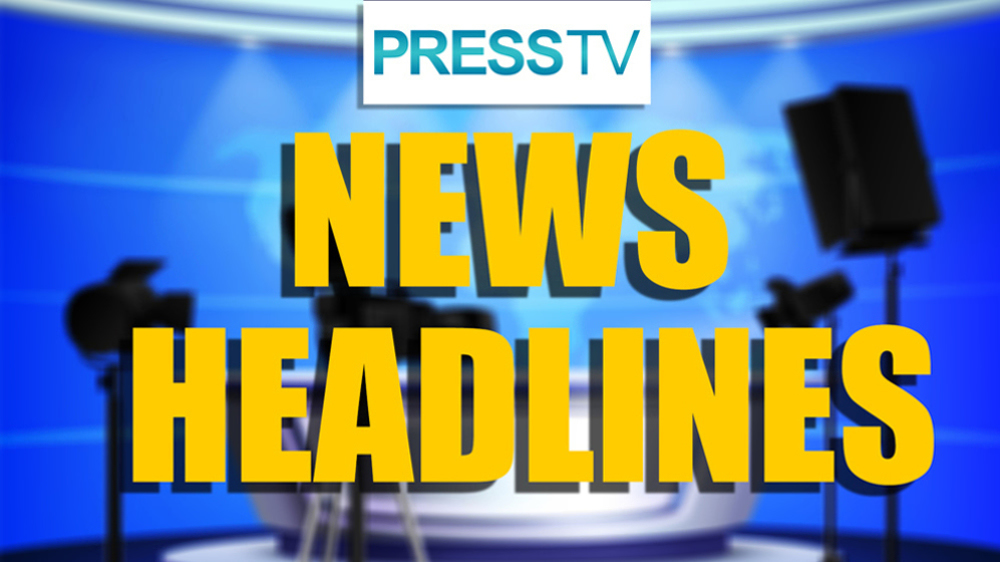
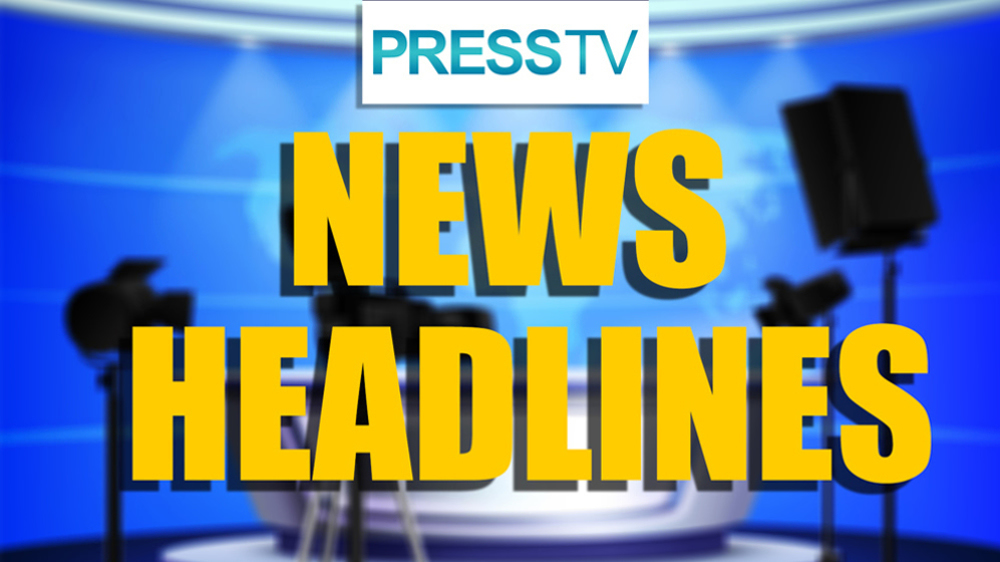



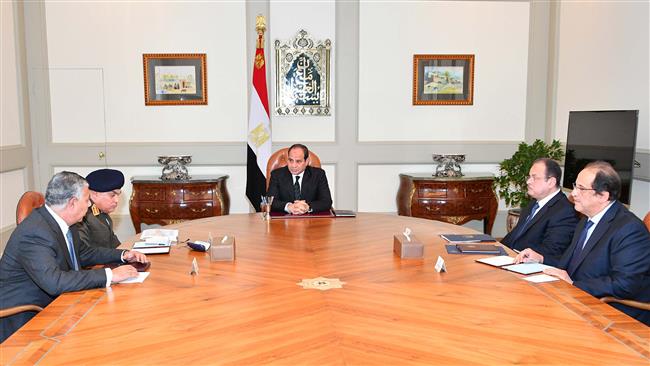
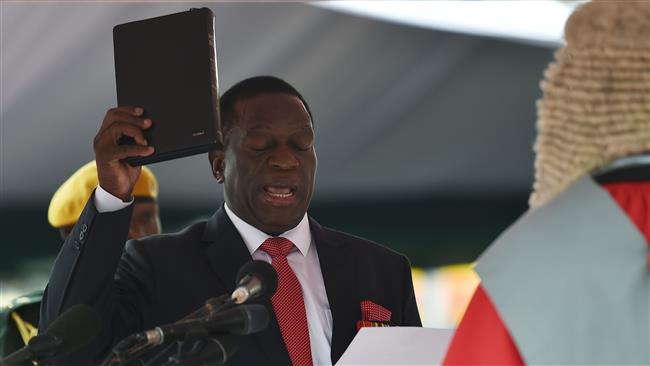
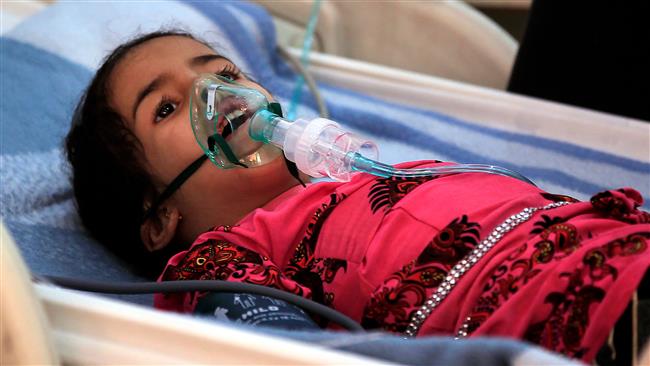
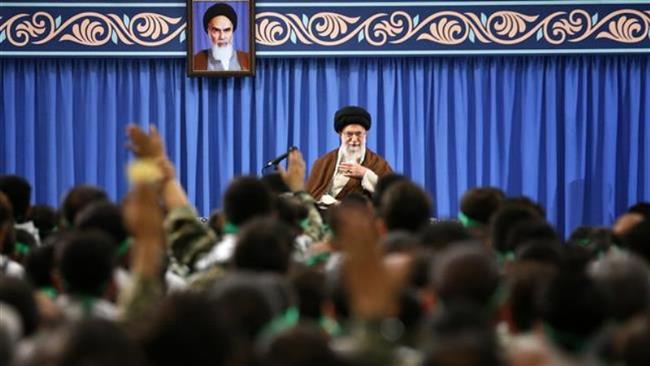
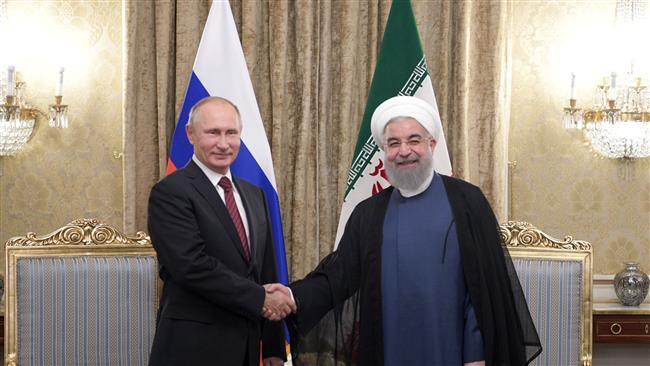

 This makes it easy to access the Press TV website
This makes it easy to access the Press TV website